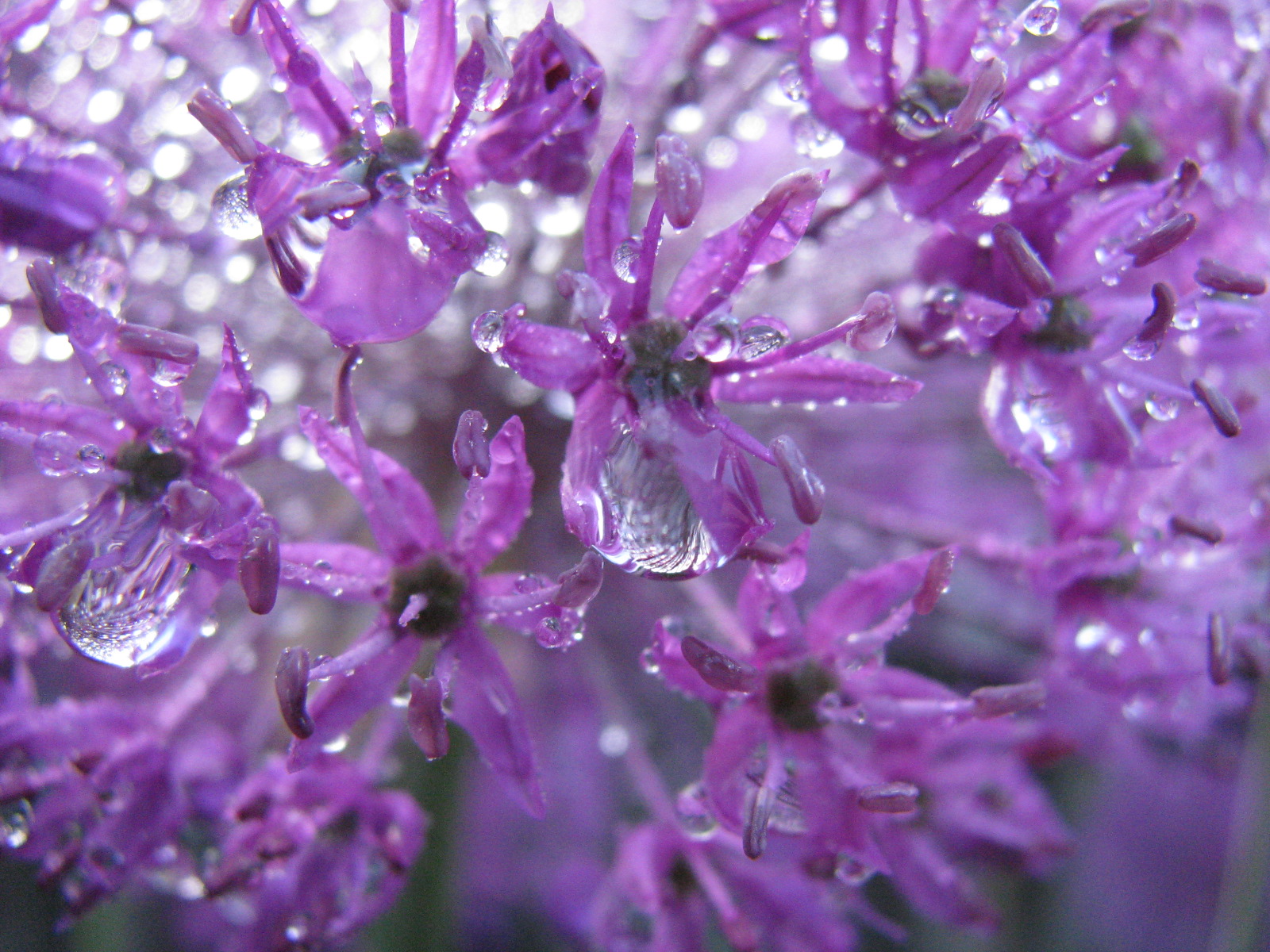Last week I finished the first draft of my second novel, Sweet Alyssum. It was quite an exciting achievement, not least because I had been aiming to get to this point by the end of October and actually reached by goal two weeks ahead of schedule. On my final day of writing, I wrote 9500 words earning a lot of self-congratulation, followed by a painful bout of tendonitis. But it was so satisfying to be done, especially since the series is now two thirds complete (unless I decide to go for that fourth book that’s been niggling around in my head lately, insisting that it should exist).
Sweet Alyssum is the second book I have written for my series The Eidolon Cycle, but it is not the second book in the series. Why? Because there is no second book. There is no first book and no last book. The Eidolon Cycle is a non-sequential series telling the individual stories of three different young women whose lives are inexorably intertwined, even though each book is set in a different time period.
My hope for the series is that readers will be able to start with whichever of the books appeals to them most. From that point, each additional book enriches the others until the reader eventually has the whole picture. Additionally, readers will get a different experience of the world and its characters depending on the order in which the books are read. Loyalties may arise for some readers where others are firmly opposed to certain characters, depending on how much they know about each of them before their story arcs are complete.
I will now let the draft rest for a couple of weeks before rolling up my sleeves and getting down to tightening and polishing it up before sending it to my agent. In the meantime I’m working on two short stories for the Oslo International Writers’ Group anthology, and I will then begin work on the third, and perhaps final, Eidolon book, aiming to have it complete by April 2013.
As a little good news aside, I won the Bookkus Water, Danger, Humour short story competition last week. My story was chosen as the winner by voters visiting the site, who scored the stories out of ten on a star-rating chart. Overall, my story, Rocks in his Socks, scored an average of 9 out of 10. I couldn’t be happier with the result, and am looking forward to seeing the result in print early in 2013.










